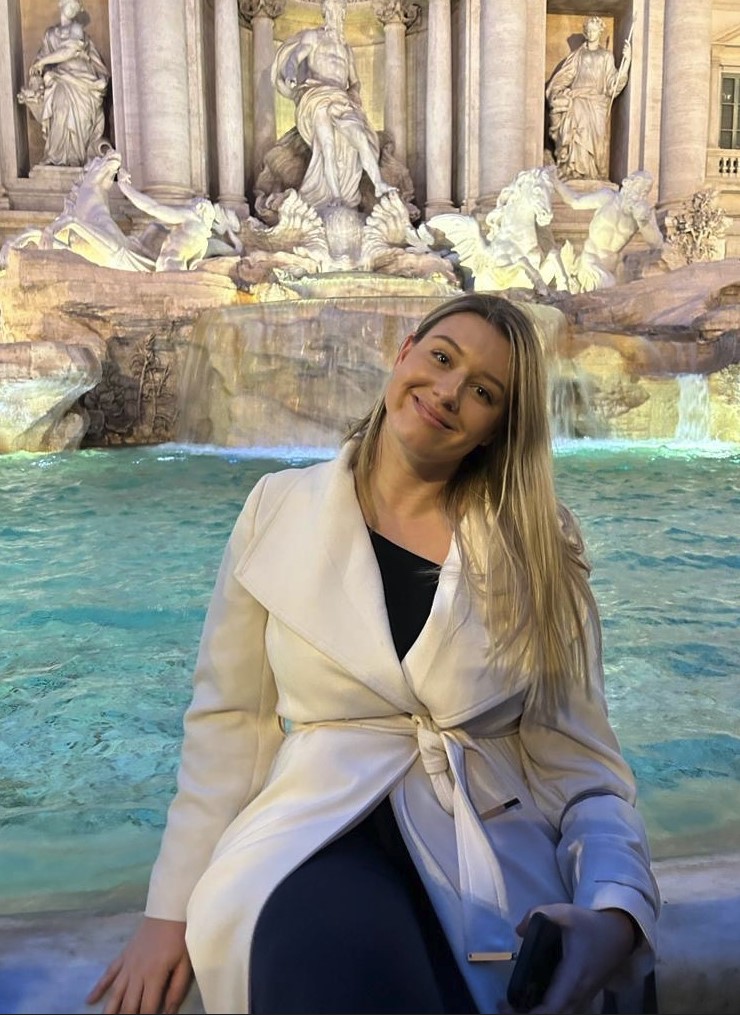Trieste is one of the pearls of Italy. It offers history, culture and breathtaking views.
The Liberty buildings and the facades of clear Austro-Hungarian influence have assisted the birth of great novels; along its lungomare walked poets and writers.
Rainer Maria Rilke, Umberto Saba, Italo Svevo and James Joyce all once sat in Trieste’s cafes, inspired by the multicultural atmosphere of this splendid, welcoming city on the Slovenian border.
A few minutes from the centre of town, in the direction of the Farneto forest, stands the Ferdinandeo palace. It had been erected in 1858 in honour of Emperor Ferdinando I of Habsburg.
In 1999 the palace was chosen to be the location of the MIB Trieste School of Management, an important postgraduate school that offers a vast array of courses aimed at developing the managerial prowess of its students.
Today there are more than 3500 of its graduates around the world, from more than 105 countries.
The school offers, among other things, a course specifically for the descendants of Italy’s emigrants – Origini Italia.
The program consists of two months of classroom learning followed by a three-month work placement at an Italian company.
Students are guaranteed training in export management and business development.
Thanks to the financial support of institutional partners, participation in the program is free – travel and logging included.
Approaching its 22nd year under the guidance of Stefano Pilotto, the program’s director since 2001, Origini Italia has this edition welcomed students from nine countries: Argentina, Australia, Brazil, Canada, Chile, Mexico, South Africa, Uruguay and Venezuela.
Francesca Carolillo, the Australian representative, is a 28-year-old from Melbourne who departed for Trieste last October.

Francesca Carolillo in front of the Trevi fountain in Rome
With a Friulano grandfather, she feels a particularly strong connection to Italy – so much so that by 16 she had already taken part in a 9-month exchange program during which she had perfected the language.
“At home my parents spoke in Italian, but I would respond in English,” said Carolillo.
“Those months enabled me to start speaking as well as get to know my origins.”
Carolillo graduated from Melbourne University where she studied fashion design.
She then did her Master of Fashion Entrepreneurship, but the difficulties encountered finding work in the industry pushed her towards a new career that would allow her to improve her innate communications skills, becoming a flight attendant.
Then, almost by accident, she learnt of the Origini Italia course and decided to apply.
She has finished the coursework component of the program and has just begun her work placement with Snaidero, a globally renowned design company that serves as a leading example of Italian entrepreneurship.
“We learnt a lot in class, they taught us how to create a business plan, and also how to interact with Italians in a working environment,” she explained.
“The classroom is composed of students from all over the world, with very different cultures and customs.
“So they taught us about what types of behaviour to avoid and what to do in the workplace.
“Italians are a lot more formal compared to Australians, and so it was useful to receive advice that could help me in a working context.”
At Snaidero, Carolillo will have the opportunity to put into practise what she’s learnt in class by conducting an analysis of the Australian market and Snaidero’s competitors.
The course, taught in English, has seen many different teachers, each bringing a unique perspective.
This means that the course’s approach, according to Carolillo, is very different to what she was accustomed to in Australia.
“It’s an intensive course, so expectations are very high, both in and out of class,” she explained.
“The positive thing is that it puts you under pressure, so it pushes you to give your best and prepares you for the real world.
“It’s made me feel as though I have an infinite possibility of choices, as I still haven’t decided what I’m going to do after this experience.”
These months abroad, in the country of her parents and grandparents, has offered Carolillo the opportunity to understand and appreciate the effort and sacrifices her family made in order to give her a better life.
To encounter Italian culture and become close with her classmates has gifted her an even more important feeling.
“Being here, I’ve acquired a new sense of self,” she explained.
“I experienced a sense of belonging that I haven’t had before.
“Getting to know my classmates has made me realise we’re so similar in many aspects, but different in a lot of ways too, due to our different cultures.”












